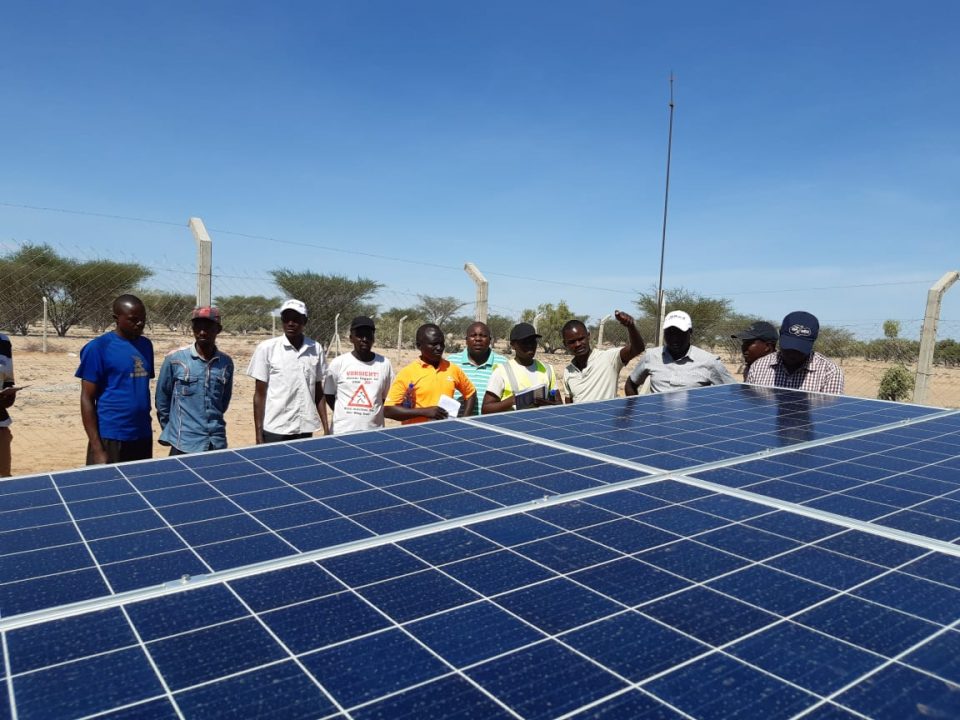Battery Energy Storage System, commonly known as BESS- are electrochemical devices that collect energy from the grid or power plant and discharge only when needed.
Through creating the opportunity to stock and deliver electricity when needed, BESS ensures that electricity is stored even when there is inadequate flow of electricity powered by renewable energy.
One of the downsides of renewable energy especially hydropower is that it may be affected by inconsistent weather patterns which hamper electricity production.
Renewable energy production appears to be affected by this fluctuation in electricity generation. An increased adoption of energy storage offers increased flexibility and capacity to grid networks unable to handle the intermittent electricity generated.
This is crucial even as Kenya seeks to invest more in energy transition towards intermittent renewable energy sources such as solar and wind energy.
Battery energy storage solutions will enable the energy sector facilitate reliable, clean and sustainable power to Kenyans. With the installed capacity of solar at 170.25 MW and wind at 435.45 MW, there is potential to maximize the output of these renewable energy power plants through incorporation of energy storage solutions. Energy storage also supports in providing energy capacity to meet peak demand and maintain reliability of the system, In 2022, Kenya recorded its highest electricity peak at 2,051 MW.[1]
The 2019 Least Cost Power Development Plan 2021-2030 (LCPDP) projects 250 MW of BESS capacity up to 2030 to support the development of renewable energy sources.[2] Currently Kenya has no is concrete legal framework on energy storge. This presents an opportunity for legal policymakers to push for energy storage policies, given that Kenya is blessed with renewable energy sources. Increased uptake in energy storage in Kenya will lead to more investment in the renewable sector, which overall leads to a reduction in greenhouse gas emissions.
Globally, there are markets that have adopted energy storage systems such as the United Kingdom (UK), United States (US) and Chile and have made gains in the renewable energy space. Energy storage systems in Kenya will positively impact the electricity sector due to the several gains to be realized from the transition to clean energy.

